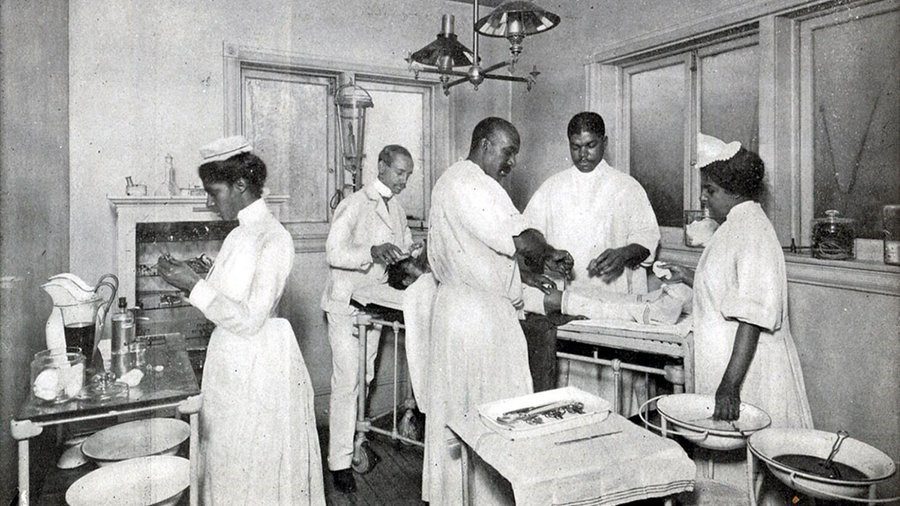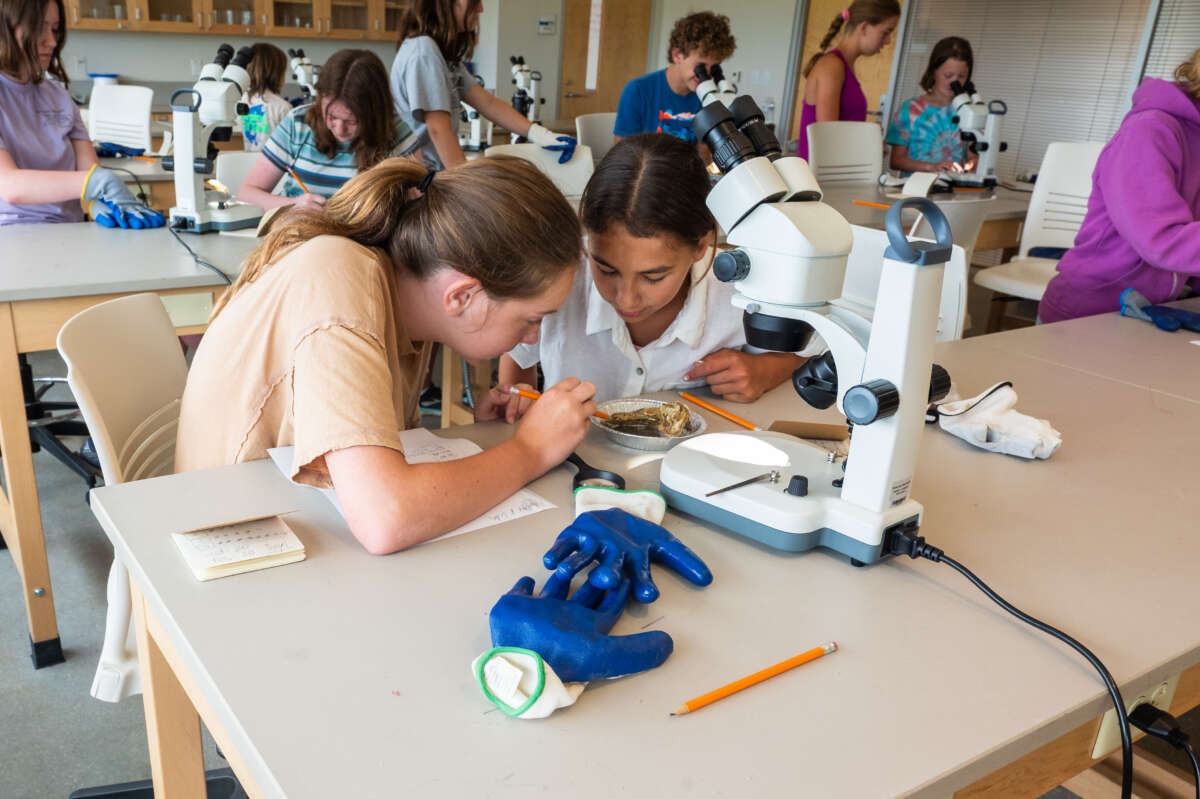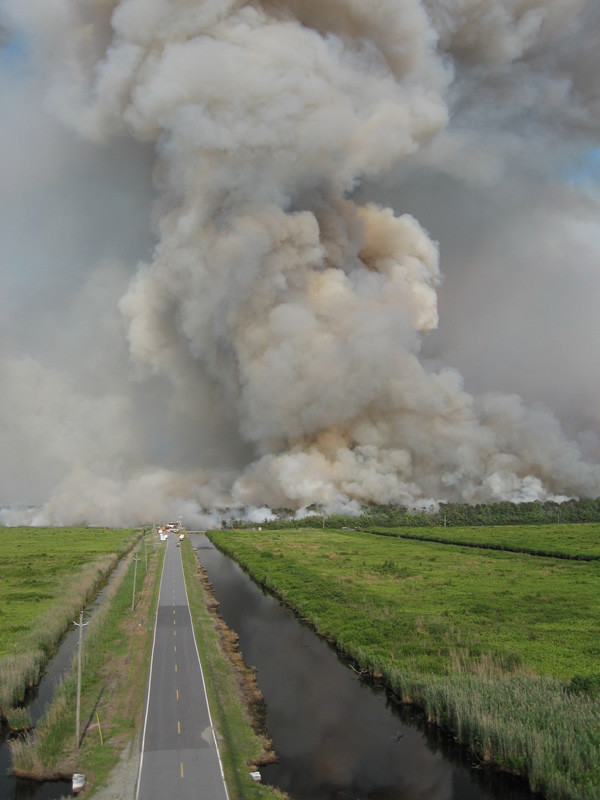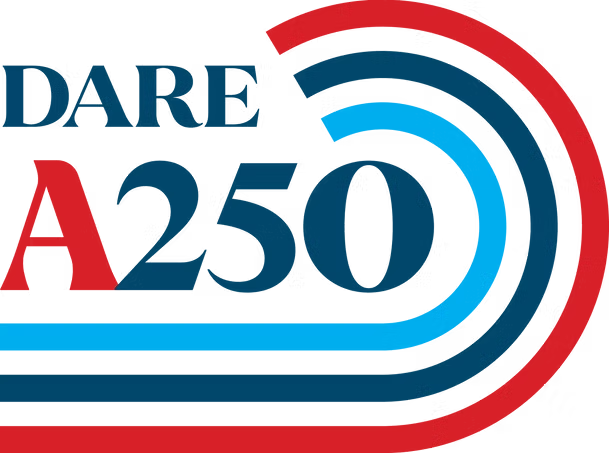
ELIZABETH CITY — The Museum of the Albemarle is to welcome two new traveling exhibits next month, with one celebrating pioneering African American surgeons and the other a brief history of voting in the United States.
“Opening Doors: Contemporary African American Academic Surgeons” is to open June 3 and “Who Can Vote: Brief History of Voting Rights in the United States” is to open the following day in the museum at 501 S. Water St.
Supporter Spotlight
The National Library of Medicine produced the six-banner exhibition closing July 13 and companion website that recognizes the long tradition African Americans healers and physicians and celebrates the contributions of African American academic surgeons to medicine and medical education.
“Who can Vote” traveling exhibit from the Gilder Lehrman Institute of American History “examines voting rights with an emphasis on the role of the US Constitution and the interplay between the states and federal government in determining who is allowed to vote,” organizers said. “This exhibition explores the complex history of the right to vote that forms the core of our nation’s democracy.”
The exhibit timeline begins with the founding era through the election of 2000 and covers topics such as voting as a constitutional right, women’s suffrage, Reconstruction and Jim Crow era voting rights, the Civil Rights Movement, and the enfranchisement of Indigenous peoples.
“Key takeaways of the exhibit include voting requirements are primarily determined by states, the right to vote is fundamental to representative democracy, voting rights have expanded significantly since the Constitution was ratified in 1788, and throughout American history, people have fought to gain and keep the right to vote,” according to the museum.
More programs
Planned programs and events also include the following:
Supporter Spotlight
- Summer Fun Day: A Day on the Farm. Scheduled for 10 a.m. to 2 p.m. Wednesday, June 12, here will be activities such as farming through virtual headsets by Northeast Ag Expo Agri-Pride, learning about seeds, quilting by members of the Colonial Quilt Lover’s Guild, planting by Pasquotank County Extension, farm animals, and hands-on activities. Registration is required for groups of 10 or more. Call the museum at 252-335-1453.
- “History for Lunch: In Search of Sir Walter Raleigh’s Lost Colonists.” The program beginning at noon June 5 will be with Nicholas Luccketti, principal archaeologist at James River Institute for Archaeology. Offered both in person and virtually, register online in advance to receive the Zoom link. Since 1895, historians and archaeologists have been searching for the fort and village sites of Raleigh’s 1585 and 1587 colonies on Roanoke Island and, more recently, where the 1587 “lost colonists” may have reestablished their settlement up the Albemarle Sound. Luccketti participated in excavations at Roanoke Island and served as the co-director of the First Colony Foundation investigations that discovered Site X and Site Y. He review the previous archaeological work at Roanoke Island and the findings of excavations at Site X and Site Y.
- Juneteenth Celebration Take It, Make It at-home project. Packet pickup is from 10 a.m. to 4 p.m. Saturday, June 15. The packet includes activities, learning resources, and information about regional sites that explore the history of slavery and emancipation in the Albemarle.
The museum that serves Bertie, Camden, Chowan, Currituck, Dare, Gates, Hertford, Hyde, Northampton, Pasquotank, Perquimans, Tyrrell, and Washington counties is the northeast regional history museum of the state Division of State History Museums within the North Carolina Department of Natural and Cultural Resources.
Museum hours are 10 a.m. to 4 p.m. Monday through Saturday, and closed Sundays and state holidays.







